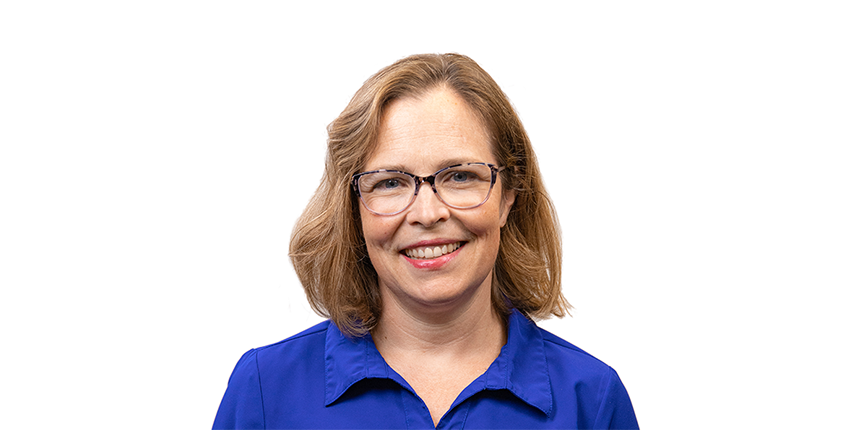

After a remarkable 15-year journey, Engineers Canada bids farewell to its Executive Vice President, Regulatory affairs, Stephanie Price. Having navigated a dynamic trajectory within the organization, Price began her tenure as Manager, Qualifications, ascended to Practice Lead, Assessments, and admirably served as interim CEO of Engineers Canada for over a year. For the past six years, her role as Executive Vice President has helped shape the organization’s success.
Get a glimpse into her insight and reflections as we delve into a quick 10 question interview, shedding light on her impactful journey.
1. In one sentence, describe how Engineers Canada has evolved over your time here.
Engineers Canada has grown and matured – not only do we have more staff, but the quality of our work has improved and our internal operations are more consistent and professional than they’ve ever been.
2. Favourite project or initiative you’ve worked on?
While the (failed) Canadian Framework for Regulation was a lot of fun (and my first attempt at national harmonization), there are two bigger initiatives that are pretty much tied. The current Futures of Engineering Accreditation (FEA) work is incredibly challenging and rewarding. I have learned so much about engineering accreditation and education and it’s been gratifying to see the effort everyone is making to improve things, and the optimism that exists for a better future.
The second project is the Governance, Strategic Planning and Consultation project. Faced with some regulators who were threatening to leave Engineers Canada, we set out on a tour to hear their concerns, validate what they wanted from us, and find out how to earn back their trust. We heard some painful truths, but it was the start of a huge turn-around. The collaboration and continuous improvement we see now was born in that project.
3. In your experience, what has been the most rewarding aspect of working with the engineering community across Canada?
There are so many dedicated staff and volunteers across Canada, and the best part of working with them is that they believe in what they’re doing and they do it with a sense of fun. Regulation is hard work, but in almost 15 years, I don’t think I went to even a single meeting where we didn’t joke, smile and enjoy ourselves while we shared experiences and looked for solutions. We worked hard, and we had fun doing it.
4. Most notable achievement during your tenure as Executive VP, Regulatory Affairs?
We survived Covid! Think back to those tumultous two~ish years. Do you remember them well? I don’t! And that’s because we moved and changed faster than we ever have before. While the pressures and difficulties in our personal lives were increasing, we still showed up, supported each other and continued to improve. That’s truly incredible and something I’m really proud of.
5. Can you highlight a positive change you’ve witnessed in the regulatory landscape for engineers?
I think that the conversations we’re having now in regulation are the most supportive and inclusive ones I’ve ever heard. Regulation can be (and was) a pretty blunt tool, but as we’ve come to understand the diversity of registrants, the varied needs of the public we serve, and the barriers facing some who wish to join our profession we’ve figured out how to help them and uphold our high standards.
6. Key lesson in interest holder engagement?
Listen! Our most important job is to understand our interest holders’ needs. Sometimes the first thing folks say isn’t the most important thing, but if you take the time to keep listening, and ask good questions, you’ll learn what you need to know.
7. Advice for future leaders?
Trust the team. There are incredible staff at Engineers Canada and the regulators who know what we need. They have strong and trusting relationships that allow them to do more together than they could separately. Connect them and support them, and they will deliver the results together.
8. Key to successful collaboration with provincial and national bodies?
It’s the one-on-one relationships that make the difference. Before people will collaborate with you, they need to trust you; to trust you, they need to know you. They need to know that you can and will do what you say, and that you have their best interests at heart. If you’re transparent, honest and consistent, people will want to work with you.
9. As you transition to a new chapter, what aspect of your work with Engineers Canada will you miss the most?
This one is easy – the people! I have been lucky to work with some incredible people: talented, supportive, generous with their time and expertise. I feel privileged to have a network of colleagues and friends across this whole country. What an incredible gift!
10. Final words to Engineers Canada colleagues and interest holders?
Thank you! This has been a wonderful community to be part of and I will miss you all. I’m excited to see what you’ll do next!


